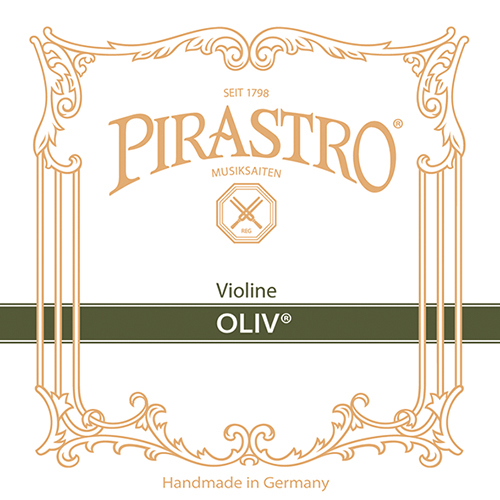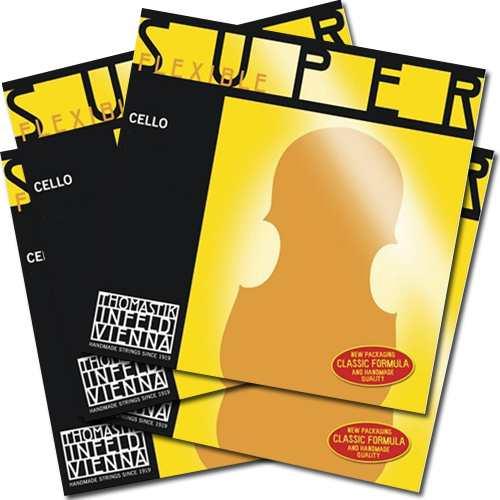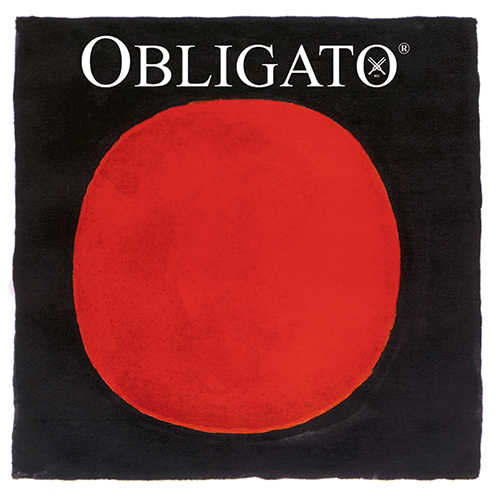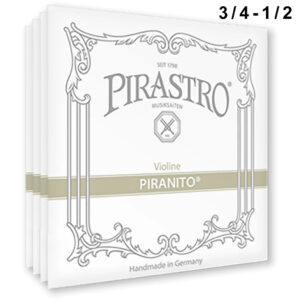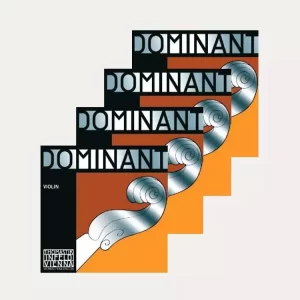Pirastro (Made in Germany)
| Because of the quality of both their strings and rosin, PIRASTRO has become the byword for a sound which is both beautiful and reliable. As a result, a great number of string musicians play and recommend PIRASTRO strings. With their tonal flexibility and expressive power, PIRASTRO strings have inspired musicians to create their own unique sound by taking full advantage of their instruments best qualities. Each individual string in the PIRASTRO line has been meticulously crafted | to provide musicians with an unsurpassed choice in tonal colors. Musicians can choose from the complete range of gut strings (e.g. Passione and Oliv) to synthetic strings (such as Evah Pirazzi and Tonica) or steel (e.g. Flexocor and Chromcor). Finally, PIRASTRO rosins are designed specifically for use with PIRASTRO strings and this combination is responsible, in no small part, for the excellent world-renowned PIRASTRO sound. |
Oliv
- Ball end
- G-gold-silver
Features |
|
|
|
Gauge
E-Light, (0.25mm)
Peg End Tailpiece end



Maintenance
Advice for string maintenance
CLEAN YOUR STRINGS REGULARLY
| In order to get the very best sound and response quality you should remove any remaining rosin from the strings. During breaks in playing, we recommend that you wipe off any remaining rosin from the strings with a soft cloth. To ensure the integrity of your strings, we recommend cleaning your strings at least once a week with a string cleaner. However, this liquid may contain alcohol and should never come into contact with the varnish of your instrument. | Use the cleaner sparingly – a small drop on the cloth is enough. Ensure that you protect the instrument with a clean dry cloth as you clean the strings; you should place it between the strings and the fingerboard. After you have cleaned your strings, please wash your hands before touching the instrument’s varnish. You can also apply a little bit of string oil to the strings at the fingerboard area. Use the string oil sparingly, too. |
SPECIAL CONSIDERATIONS FOR GUT STRINGS
| Gut strings should not be exposed to dramatic changes in temperature or humidity. This can contribute especially to a reduced lifespan for the strings. After playing, we usually recommend that you tune the strings down to a 1/4 tone lower. | You should certainly do this before the instrument is transported in an airplane, where humidity drops dramatically and the strings can draw together and, as a result, break. Gut strings are optimally stored at 45% humidity. |
Why Buy From Marshall Music
At Marshall Music, we’re all passionate and highly experienced musicians that love what we do. Family run and family owned for over 35 years, we stock a huge variety of the very best brands in the world of musical instruments, music technology, professional audio and accessories. At Marshall Music, you’ll get the right advice – exactly what you need to make the best possible purchasing decision. We’ll do all we can to make sure you get the right thing at the right price as efficiently as possible – leaving you with a smile on your face!

